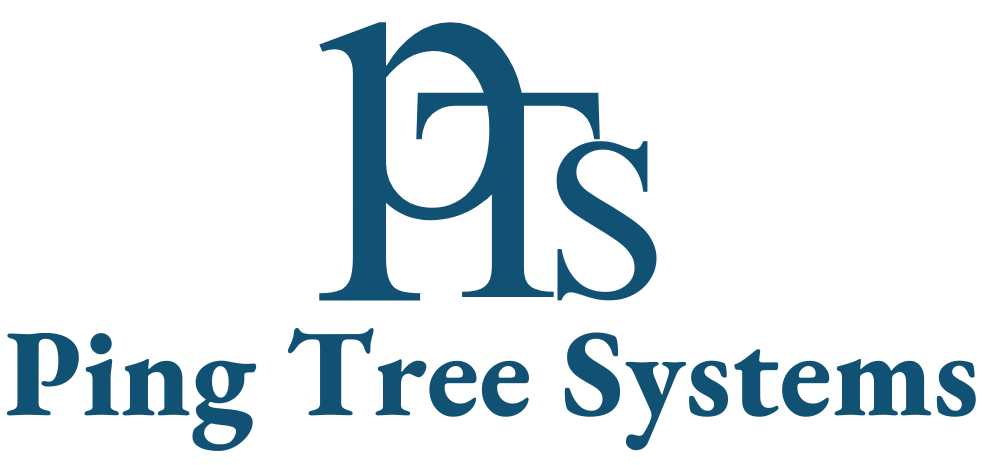Navigating health insurance can feel overwhelming due to various plans and terms. To optimize your benefits, it's essential to understand key concepts and strategies, much like the Ping Tree System streamlines lead distribution in the insurance industry. By applying effective strategies, you can better manage your healthcare needs and access available resources efficiently.
1. Understand Your Plan
Coverage Limits
Know what services are covered and any exclusions that may apply. Just like a Lead Distribution Software efficiently manages the flow of leads, understanding your coverage limits ensures that you can effectively navigate your healthcare options without unexpected costs.
Premiums, Deductibles, and Copayments
Familiarize yourself with your monthly premium, the deductible amount, and what copayments you’ll need to pay for doctor visits or medications. This knowledge is crucial, much like how Lead Distribution Software helps businesses allocate resources efficiently. By understanding your costs, you can plan better for your healthcare expenses.
In-Network vs. Out-of-Network Providers
Using in-network providers usually means lower costs, so check which doctors, specialists, and hospitals are covered. Similar to how Ping Tree System optimizes the handling of leads to maximize efficiency, leveraging in-network providers can help you minimize your healthcare spending while receiving quality care.
2. Keep Track of Important Dates
Open Enrollment Period
The Open Enrollment Period is the time when you can enroll in or make changes to your health insurance plan. Just as ping post lead strategies allow for timely adjustments in lead management, this period is your chance to optimize your healthcare coverage according to your current needs.
Annual Review
Conduct an annual review of your plan to see if it still meets your needs, especially if your health status or family situation changes. Similar to how the ping and post method in lead distribution allows for continuous optimization, regularly assessing your health insurance ensures you’re making the most informed decisions about your coverage.
3. Utilize Preventive Care
Many health insurance plans cover preventive services at no additional cost to you. These services can include:
- Annual check-ups
- Screenings (like cholesterol or blood pressure checks)
- Vaccinations
Taking advantage of these services can help detect health issues early and reduce the need for more extensive (and expensive) treatments later.
4. Get Familiar with Prescription Benefits
Understanding your prescription coverage can save you a lot of money:
- Formulary Lists: Check which medications are covered and at what cost. Some plans have tiers that affect pricing.
- Mail-Order Pharmacies: Many insurers offer lower costs for medications purchased through mail-order services.
If a prescribed medication isn’t covered, ask your doctor about alternatives or generic options.
5. Keep Records of Your Medical Expenses
Maintaining organized records of your medical expenses can be beneficial, especially during tax season or when filing claims. Include:
- Receipts for medical visits, treatments, and medications
- Explanations of Benefits (EOBs) from your insurance company
This practice not only helps track your spending but also ensures that you’re not missing any claims or reimbursements
6. Communicate with Your Healthcare Providers
Your healthcare providers can be valuable allies in maximizing your insurance benefits. Here are some tips:
- Ask About Coverage: Before receiving services, inquire whether they’re covered under your plan.
- Discuss Treatment Options: If you’re facing a significant procedure, discuss the costs and explore in-network options.
- Follow Up on Claims: If you notice a claim has been denied or not processed correctly, don’t hesitate to reach out for clarification.
7. Be Proactive About Appeals
If your insurance company denies a claim, you have the right to appeal the decision. Gather any necessary documentation and follow the appeal process outlined in your policy. Persistence can often lead to overturned decisions.
8. Educate Yourself About Additional Benefits
Many health insurance plans offer additional benefits that can enhance your overall health and well-being, such as:
- Telehealth Services: Access to healthcare providers via phone or video calls, often at a lower cost, making it easier to seek care.
- Wellness Programs: Discounts or reimbursements for gym memberships, smoking cessation programs, or weight loss initiatives, promoting healthier lifestyles.
- Mental Health Services: Coverage for therapy or counseling sessions, increasingly recognized as essential for overall health.
